Digitalisation in Air Traffic Management Workshops
With the advent of digital technologies, plenty of our current daily realities are undergoing radical changes. Jobs and work dramatically evolve and may even disappear over time. It is not known if there will be more or fewer jobs in the future. New concepts, such as pairing processing power with human ingenuity, are slowly emerging.
Currently it is difficult to estimate what the changes will look like. As some of the European controllers go along with the concept of Virtualization of ATM and cloud-based services interesting new issues do surface. As outsourcing of core activities (FDP) becomes the norm, physical implementation of ATM units will only be dependent on political and social issues and not anymore on technological or geographical. Software updates are massive prototyping exercises with a lot of bug-fixing, during live operations. Safety management systems cannot capture these new ways of updating the system in its entirety. Imagining issues which will become future challenges, we might be trapped in our own current limited scope of thinking. Elements like bug-fixing are carried out on live systems and more trial and error methods are used. The need for development platforms in parallel to the real operations are only a few of the future challenges.
Since 2018, IFATCA Europe has organised workshops to elaborate on these issues. Eminent speakers from a wide range of fields have shared their views and their contributions can be found through this page.

Guidance Material
Air Traffic Controllers are at the front when it comes to using new equipment. Their daily working environment is one of constant change, therefore IFATCA continues to develop guidance, information, and educational material regarding new technologies, be it increased automation of the housekeeping tasks or a digitized working environment. In order to carry out this challenging task, IFATCA has created a team called the Joint Cognitive Human Machine System (JCHMS) group, which has produced this paper.
Readers will find how we can reduce the gap between designers and users and an explaination on the fundamental challenges of introducing AI in ATM. As annexes, you will find a primer on Cognitive Systems Engineering (CSE), as well as other helpful reference documents.
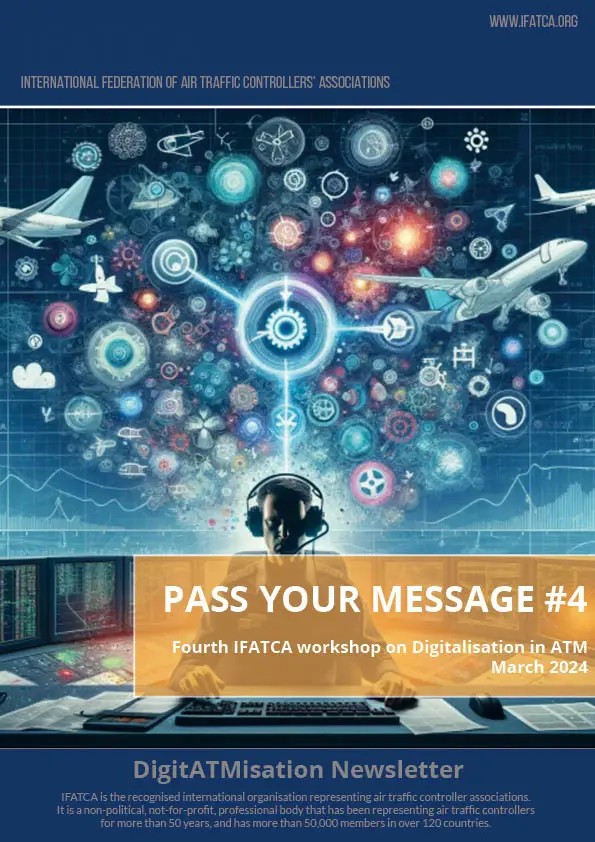
2024 Workshop - SUMMARY
The 4th edition of the DigitATMisation newsletter summarises the presentations of the 2024 workshop organised by IFATCA at Geneva Airport in March 2024. IFATCA is grateful to the authors for their contribution.
The production of this newsletter used YouTube to extract a written script of the video recording. With the assistance of ChatGPT the script was summarized and an editorial review was conducted by the editorial team: truly a Joint Cognitive Human-Machine production!
2024 Workshop - Presentations
TESTIMONIALS
Emphasis should be given to human roles within automated systems to ensure adaptability and safety.

Dr Anthony Smoker
IFATCA
“The real asset of Al is not its smartness, but its otherness”
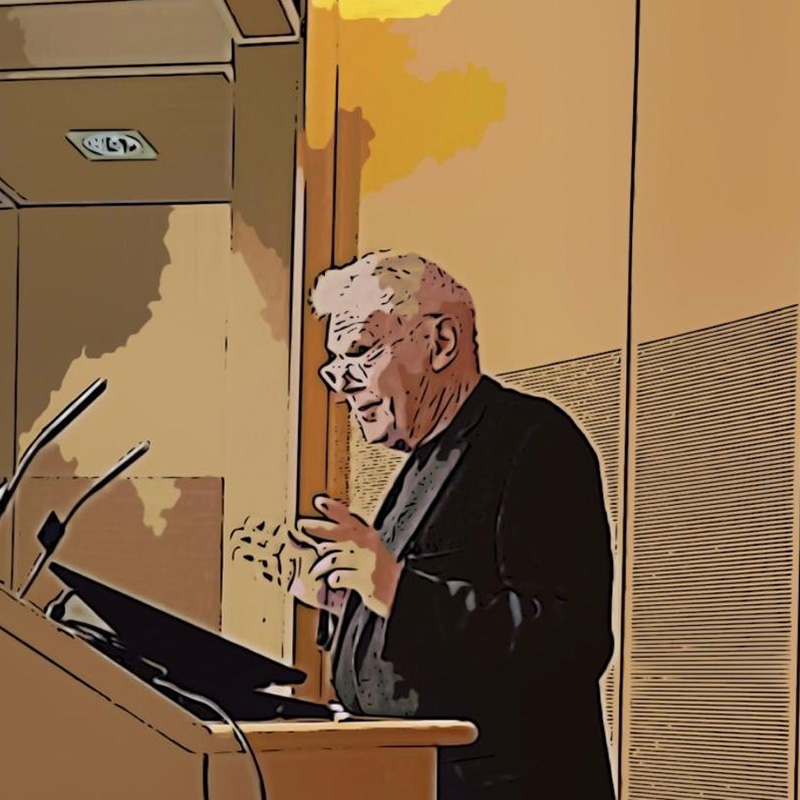
Eduard Kaeser
Philosopher
Our challenge now is to move from the traditional concept of user interfaces to integrating systems that include both human and machine elements.
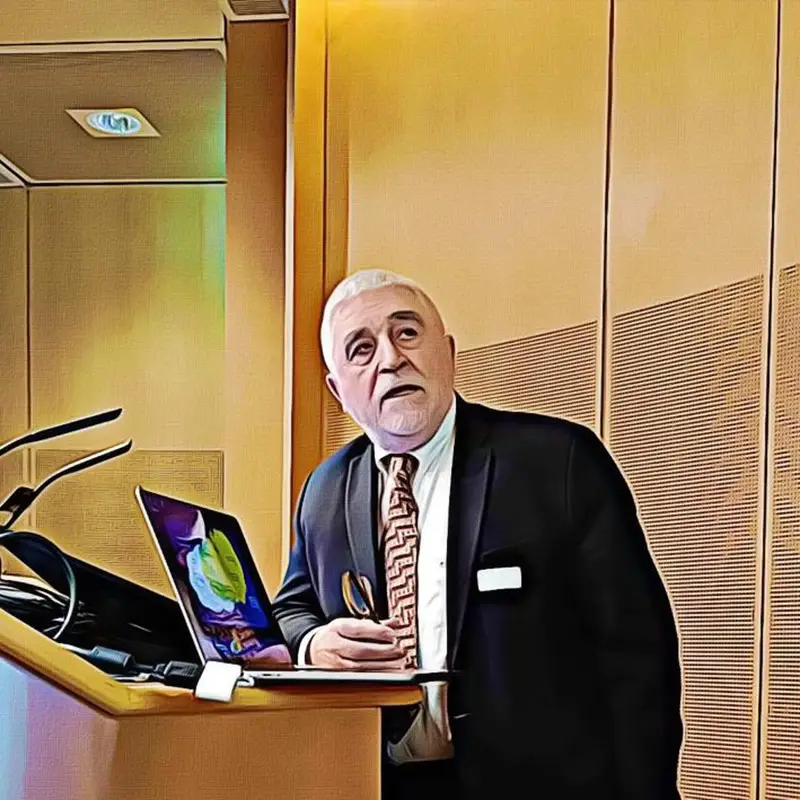
Prof Guy André Boy
FlexTech CentraleSupélec-ESTIA Chair
Our goal is to integrate Al and machine learning effectively into ATM, ensuring controllers remain in control while leveraging new technologies.
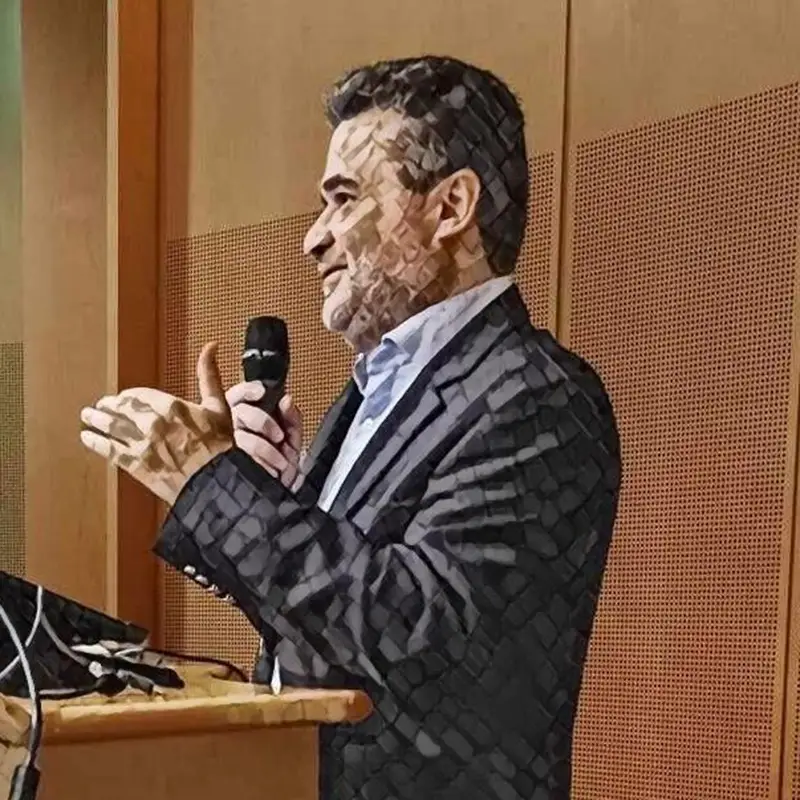
Dr Stathis Malakis
IFATCA
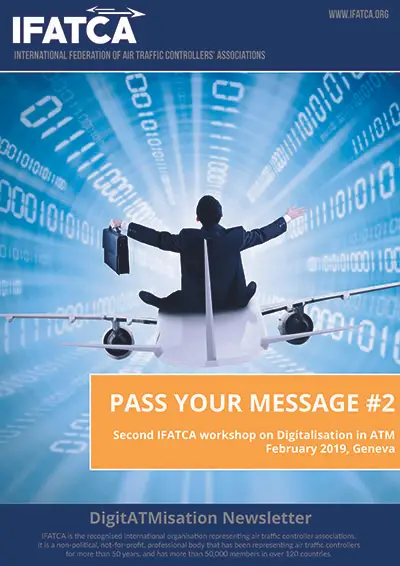
SUMMARY OF THE 2019 WORKSHOP
The summary of presentations of the second workshop (February 2019) relates the debate of the conference and is a standalone document. Following the workshop, IFATCA requested that some of the participants to share their views on the debate but as well on the challenge ahead of us. The editors hope that second edition it will give the reader further food for thought, a repository of ideas and some further references for the future work.
2018 Workshop contributions
- Introduction by Marc Baumgartner, IFATCA SESAR/EASA Coordinator
- A review of the Workshop by Corinne Bieder, Head of Safety & Security research program at ENAC, France
- Humans & Technology: still complementary? by Prof. Dr. Toni Wäfler, University of Applied Sciences and Arts Northwestern Switzerland (FHNW)
- A functional view of humans in digitalised socio technical system: some thoughts by Paola Amaldi, Department of Psychology and Sport Sciences, University of Hertfordshire, Hatfield, UK
- Automation culture and power: do we have the right balance? by Paola Amaldi, Department of Psychology and Sport Sciences, University of Hertfordshire, Hatfield, UK and Dr. Anthony Smoker Department of Risk Management & Societal Resilience, Lund University, Lund, Sweden

MORE INFORMATION
For more information on the subject, please contact Marc Baumgartner via sesar.coord@ifatca.org



